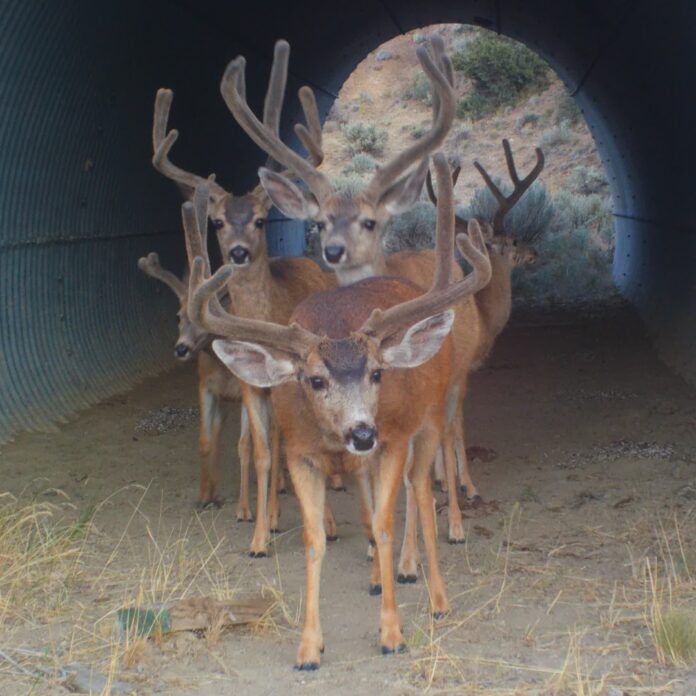
BY DEVIN O’DEA
SACRAMENTO – As urbanization increasingly carves up California’s landscapes, conserving and enhancing wildlife connectivity becomes critical. Assembly Bill 1889 is a significant step toward addressing this unilateral environmental concern, ensuring that our natural ecosystems can thrive alongside unavoidable development.
For Backcountry Hunters & Anglers (BHA), our work to conserve wild public lands, waters and wildlife often clashes with development projects that are planned for prime habitat or important hunting grounds. This bill, supported by the California Chapter of BHA and signed into law in late September, mandates that all cities and counties include a wildlife connectivity element in their general plans. This requirement compels local governments to assess how development impacts wildlife movement, habitat, and overall ecosystem health. By integrating wildlife considerations into land use planning, this bill promotes a more forward-thinking approach to unavoidable urban development, directly benefiting the diverse habitats and movement pathways that many of our cherished game species rely on.
Wildlife connectivity is essential for the survival, genetic diversity, and overall health of ecosystems. As urban areas expand, natural habitats often become fragmented, isolating wildlife populations and threatening biodiversity. AB 1889 directly tackles this issue by requiring local jurisdictions to identify and analyze key connectivity areas and natural landscapes that facilitate wildlife movement. For hunters and anglers, maintaining these pathways is vital, not only for conserving wildlife populations, but also for ensuring that our outdoor experiences remain robust and sustainable.
The bill outlines several important requirements for local agencies. Jurisdictions must identify critical areas that allow wildlife to move freely and assess their permeability. Local plans will need to incorporate relevant guidelines and the best available science, ensuring that decisions are informed by up-to-date research and ecological standards. Moreover, local governments are required to adopt or review the wildlife connectivity element by January 1, 2025, aligning it with their general plan updates. This initiative emphasizes the importance of local governance in environmental stewardship, a principle that Backcountry Hunters & Anglers champions.
The passage of AB 1889 represents a significant stride toward fostering a more resilient and biodiverse California. By embedding wildlife connectivity into urban planning, we can create a balance between development and wildlife habitat to protect the wild places and pathways wildlife need to thrive.
As our cities expand to meet the demands of a growing populace, we must remain mindful of the needs of fish and wildlife that bear the brunt of urban sprawl. AB 1889 is a proactive measure that encourages thoughtful planning, ensuring that future generations can enjoy our North American heritage of hunting and fishing in a natural setting.
BackcountryHunters.org


